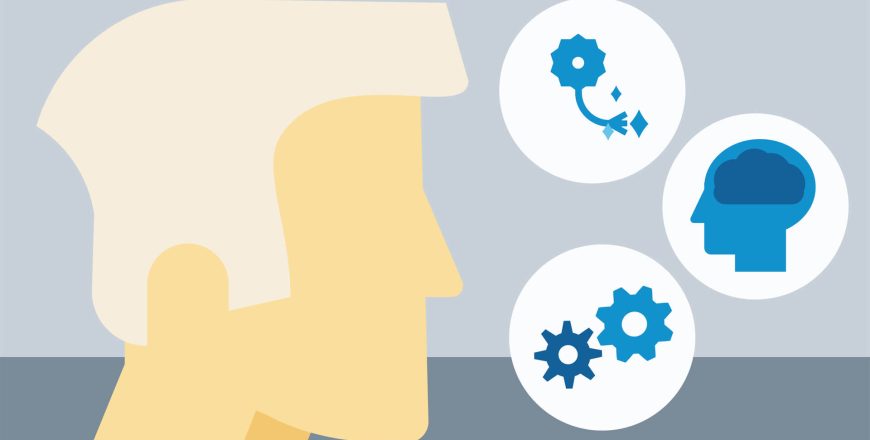
- Curriculum
- Reviews
SECTION 1: DEVELOPMENTAL PSYCHOLOGY AS A SCIENCE
SECTION 2: HISTORICAL UNDERSTANDING OF ‘CHILDHOOD’ DEVELOPMENT
SECTION 3: THE PERINATAL ENVIRONMENT
Please, login to leave a review




